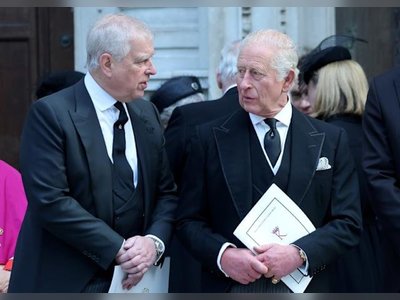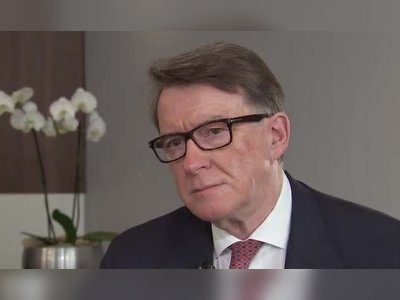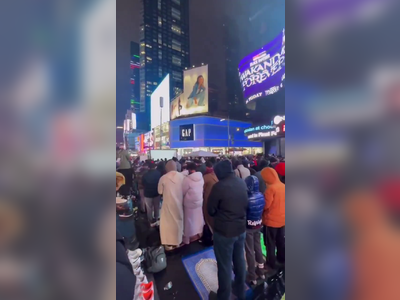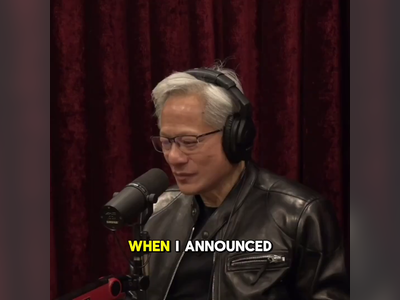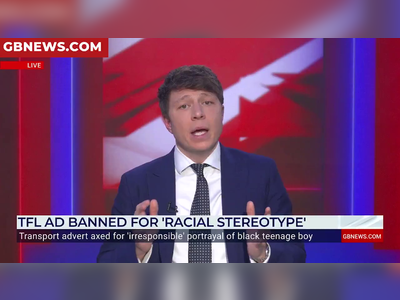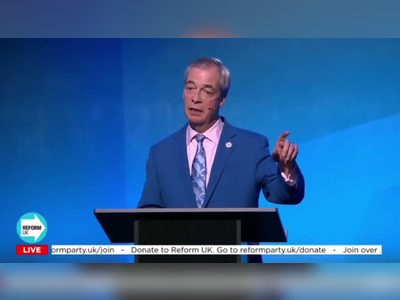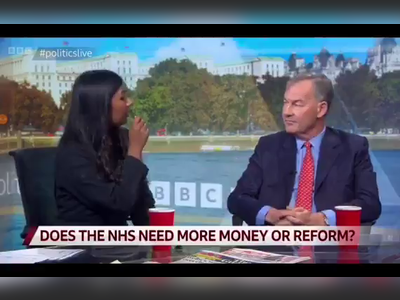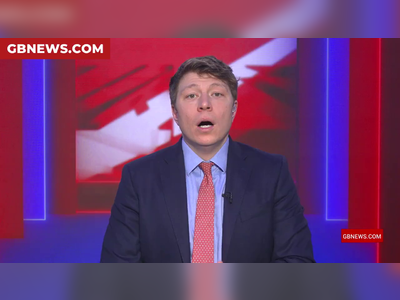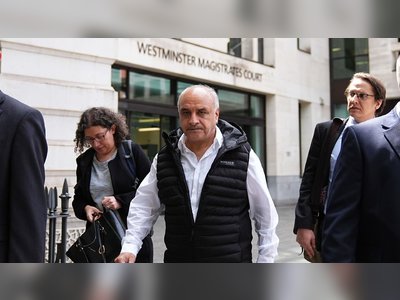Diplomatic Ire: Israel Shuts Dublin Embassy Over Alleged Irish Antisemitism
Amidst escalating geopolitical tensions, Israel's closure of its embassy in Dublin highlights a complex weave of historical grievances and divergent diplomatic philosophies.
In a bold stroke that underscores the fragility of international diplomacy, Israel has sealed its embassy in Dublin.
This action, announced by Israeli Foreign Minister Gideon Saar, cites 'extreme anti-Israel policies' and 'antisemitic rhetoric' as the provocations.
This measure not only magnifies the discord between the two nations but also casts a stark light on their diametrically opposed historical and political narratives.
Israel, with its own colonial past shadowed by British mandate, views its defensive posture against existential threats as paralleled by Ireland’s own history under British rule.
However, where Israel sees itself in a continuous struggle for peace and security, epitomized by the Oslo Accords, it perceives Ireland’s actions—most notably, its recognition of a Palestinian state amidst ongoing Israeli military engagements—as a betrayal of those peace efforts.
According to Saar, such steps are not mere policy disagreements but are actions that cross the red line, pushing Israel to reassess its diplomatic engagements.
On the other side of this diplomatic divide stands Ireland, helmed by Taoiseach Simon Harris, whose administration maintains that their stance is rooted deeply in the principles of human rights and the rule of international law.
Harris counters that the Israeli narrative serves as a distraction from the pressing issues at hand, particularly the humanitarian crises emanating from conflict zones.
Ireland’s policy, reflective of its historical ethos of neutrality and human rights advocacy, is framed as a continuance of its anti-colonial legacy, now repurposed to champion the Palestinian cause on the international stage.
The closure of Israel's embassy thus not only signifies a nadir in Israel-Ireland relations but also poses critical questions about the future of diplomatic discourse between nations with shared histories of oppression yet divergent paths in international policy.
As global observers watch this unfold, the scenario challenges the international community to rethink the mechanisms of support and criticism in state interactions, particularly in contexts where historical wounds remain unhealed and new geopolitical realities demand nuanced engagement.
This action, announced by Israeli Foreign Minister Gideon Saar, cites 'extreme anti-Israel policies' and 'antisemitic rhetoric' as the provocations.
This measure not only magnifies the discord between the two nations but also casts a stark light on their diametrically opposed historical and political narratives.
Israel, with its own colonial past shadowed by British mandate, views its defensive posture against existential threats as paralleled by Ireland’s own history under British rule.
However, where Israel sees itself in a continuous struggle for peace and security, epitomized by the Oslo Accords, it perceives Ireland’s actions—most notably, its recognition of a Palestinian state amidst ongoing Israeli military engagements—as a betrayal of those peace efforts.
According to Saar, such steps are not mere policy disagreements but are actions that cross the red line, pushing Israel to reassess its diplomatic engagements.
On the other side of this diplomatic divide stands Ireland, helmed by Taoiseach Simon Harris, whose administration maintains that their stance is rooted deeply in the principles of human rights and the rule of international law.
Harris counters that the Israeli narrative serves as a distraction from the pressing issues at hand, particularly the humanitarian crises emanating from conflict zones.
Ireland’s policy, reflective of its historical ethos of neutrality and human rights advocacy, is framed as a continuance of its anti-colonial legacy, now repurposed to champion the Palestinian cause on the international stage.
The closure of Israel's embassy thus not only signifies a nadir in Israel-Ireland relations but also poses critical questions about the future of diplomatic discourse between nations with shared histories of oppression yet divergent paths in international policy.
As global observers watch this unfold, the scenario challenges the international community to rethink the mechanisms of support and criticism in state interactions, particularly in contexts where historical wounds remain unhealed and new geopolitical realities demand nuanced engagement.
